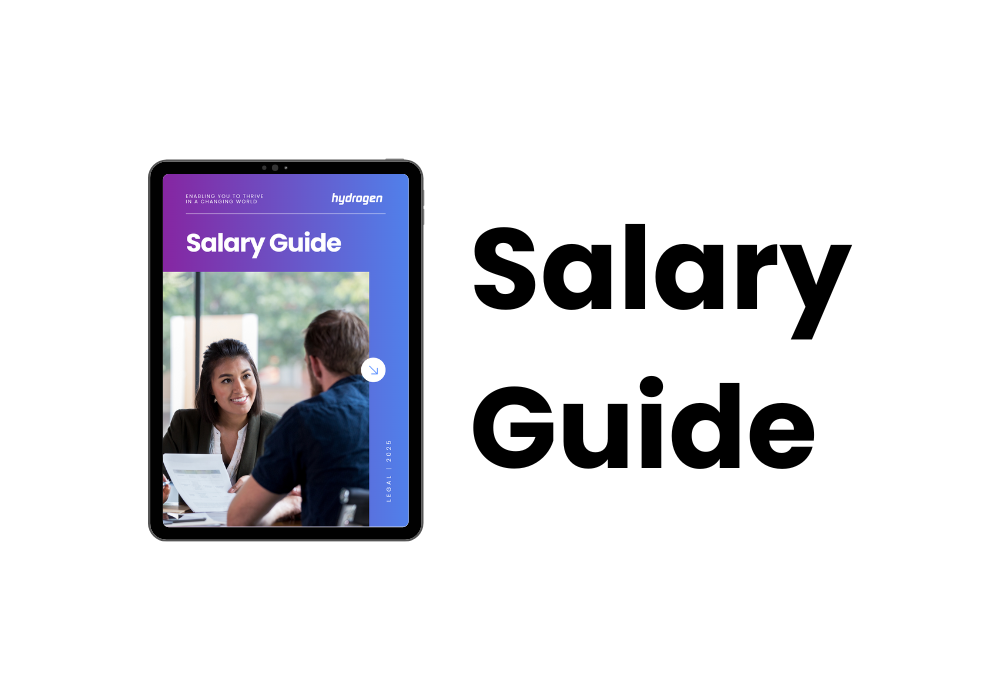Internal audit: looking beyond the numbers
Incorporating international travel into a career is an experience that most professionals would like to add to their CVs. In today’s global economy, international companies want to hire individuals with a good understanding of international business to help drive the company forward and internal auditing can offer these exact opportunities and more.
Career path vs. gateway
Industry misconceptions have led many newly-qualified accountants and those with one-to-two years’ experience to overlook a career in internal auditing. Yet, internal auditors are exposed to demanding, lively work environments that enable them to quickly grow both professionally and personally. Internal audit is more than ‘slaving’ over figures and working long hours, it is a career that presents the opportunity to gain better understanding of international business through working overseas in the first year of a role. In addition, internal auditors gain an universal knowledge of different working environments and build rapport with colleagues worldwide.
It is not unusual for internal auditors to be promoted to leadership positions within eighteen months to two years. For example, we recently placed a candidate within a FTSE 50 UK manufacturing company: after eighteen months, the candidate became the finance director of the firm’s Mexico division. If he had started his career as an accountant he may not have progressed as quickly in a similar time frame. Plus, he wouldn't have acquired the international business acumen that many companies are increasingly looking for.
Internal auditors are also exposed to all business operations. So, instead of having a one-dimensional skill set, internal auditors will develop a broad range of skills and knowledge by working across different business functions. In return, this sees them as more ‘business risk associates’ or project managers, than ordinary number crunchers.
Getting past the negativity
As with any other career, aspects of a role can be viewed either positively or negatively depending on the individual. For example, internal auditors must be confident to work with senior stakeholders and at times present arguments that may oppose senior management’s thought-process. For some, this challenge can be seen as an opportunity to be more visible to key decision-makers; however some individuals may view this responsibility as too challenging or confrontational.
Another drawback is individuals may find it difficult to transfer to other businesses. Internal auditors tend to climb the career ladder internally, albeit with rewarding salaries. Again, some may view the prospect of working for one firm for a long period of time not as appealing in comparison to working across a range of companies.
Putting the spotlight back on the industry
Over the past ten years internal audit has become an integral part of a business and professionals are now viewed as the future finance leaders by today’s business leaders.
From working with internal auditors for over ten years, we understand that companies need to communicate strong messages to showcase the more dynamic side of the role. Internal auditors are highly inquisitive, so the more intelligent the work the better.
Projects often go beyond good compliance checks to focus on bribery corruption and operational audits which are usually conducted by globalised firms. It is often the work of internal auditors that have the greatest impact on a company’s policy and the local community it works within.
For example, oil & gas firms in Angola have used their internal auditors to analyse business risks. These risks are associated to the potential limited skills of the local workforce in the mid to long-term future. By identifying the decreasing number of skilled locals, oil and gas firms have set-up training programmes to ensure future generations are experienced enough to be employed and most importantly earn an income to support their families and local communities.
Another example is the internal auditors at one of the UK’s oldest and most respected financial institutions, work with some of the UK’s most senior policy advisors. As one of the brightest internal audit teams in the business, they often advise policy makers on monetary and exchange rates policies.
Communications around quick career progression can also help to attract professionals. Often internal auditors develop high leadership skills, man-management, negotiation skills and exposure to senior stakeholders far more quickly than accountants. With sharp business acumen an internal auditor’s career can move into commercial or operational leadership.
As a candidate driven industry, those with an appetite to better understand how a business operates need to be encouraged to explore internal audit as a career path. In today’s business world, internal audit focuses on in-depth responses that can push policies to help companies move in the right direction. With natural investigative skills, internal auditors can also produce critical analysis to advise business on how best to efficiently spend its funds and detect any form of fraudulent activities.
In short, internal audit is a varied and interesting career path. And just like our candidate in Mexico, who now heads a finance division, who knows where it can take you.













